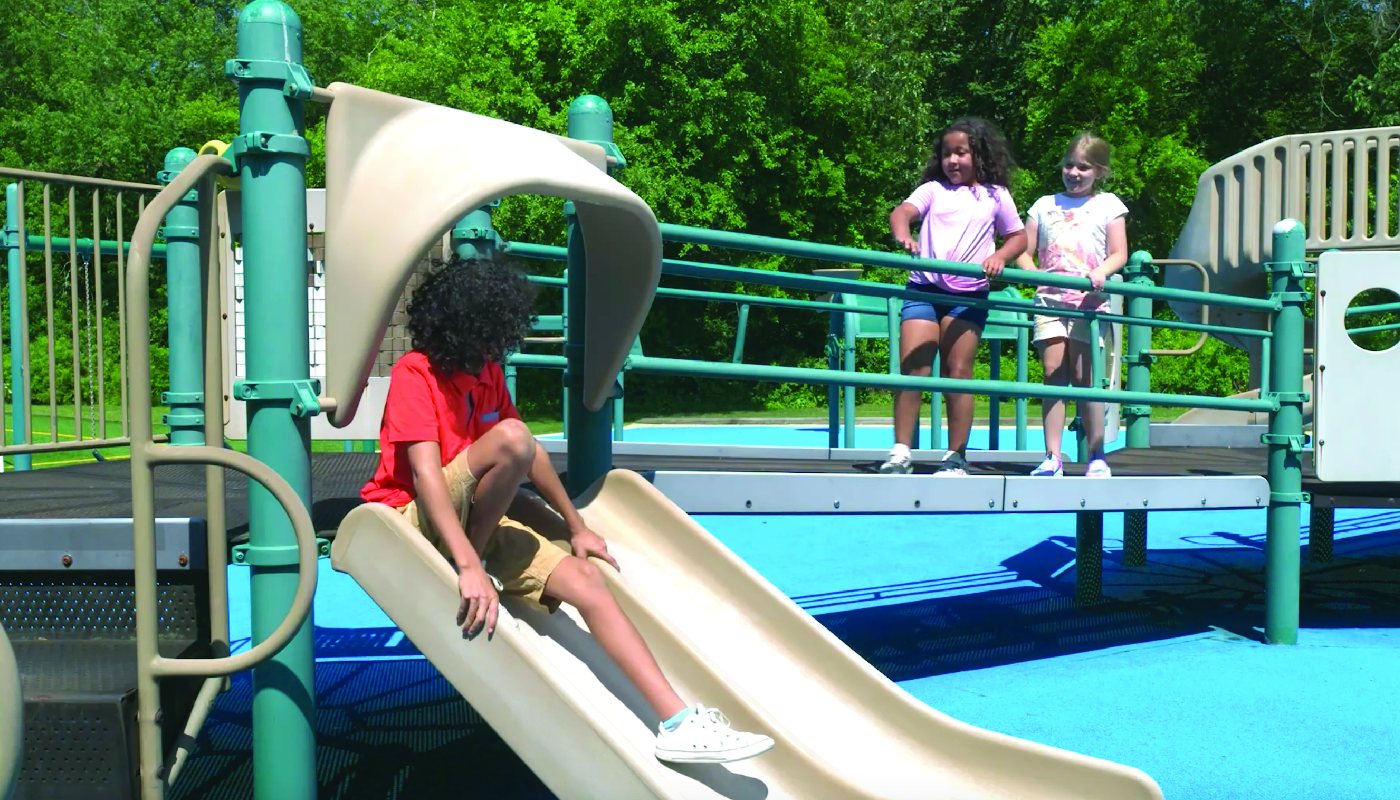
Introduction
Playing with others on the playground is not only fun but also essential for students’ social development. Sometimes, students may find themselves in situations where they need to join a game or activity that has already started. This blog post will provide educators with an easy-to-follow guide on teaching students the skill of joining others on the playground, as well as related skills and a no-prep activity to reinforce these concepts.
No-Prep Activity
For this no-prep activity, gather your students in a circle and initiate a simple game of “Pass the Ball.” The objective is to help students practice joining the game as it progresses. As the game continues, periodically pause and ask one or two students to step out of the circle. When they’re ready to rejoin the game, encourage them to follow the steps outlined in the introduction:
- Notice where their friends are and what they are doing.
- Move their body close to them while keeping personal space.
- Greet their friends.
- Ask to join in.
As students rejoin the game, offer positive reinforcement and feedback on their approach. This activity requires no materials and can be adapted to any game or playground setting.
Discussion Questions
Use these questions to stimulate further discussion among your students:
- What are some reasons you might need to join a game or activity that’s already in progress?
- Why is it important to greet your friends and ask to join in, rather than just jumping into the game?
- How can you ensure you’re maintaining personal space while approaching a group on the playground?
- What are some other phrases you can use to ask if you can join a game or activity?
- How does it feel when someone asks to join your game or activity, and how can you make them feel welcome?
Related Skills
Teaching students how to join others on the playground is just one aspect of fostering their social-emotional development. Some other related skills that can contribute to their growth include:
- Active listening
- Effective communication
- Cooperation and teamwork
- Conflict resolution
- Empathy and understanding
These skills not only help students navigate social situations on the playground but also contribute to their overall well-being and success in various aspects of life.
Next Steps
Now that you have a better understanding of how to teach students the skill of joining others on the playground, consider exploring more resources and activities to support their social-emotional development. Sign up for free samples of these skills and others to enhance your teaching toolkit and create an inclusive, supportive learning environment. Happy teaching!

